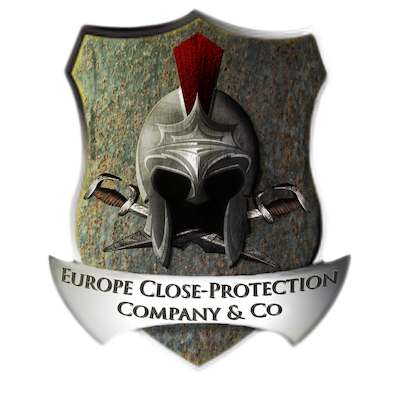En:About firearms regulation on European territory for Private Security Company.
This subject is was a debate during a Radio Talk show where we were invited as a special guest.In additionaly i will review the Eu convention that reglement's this particulary subject ,plus the personal data protection reg. for PSC :
Convention for the Protection of Individuals with regard to Automatic Processing of Personal Data The above-mentioned convention is of particular importance to the governance of private security activities. This is because it attempts to provide minimum standards on the automatic processing of personal data, which is one of the main concerns in relation to the infringement of the right to privacy. In particular, the convention sets out five criteria for the automatic processing of information (Art. 5). Personal data undergoing automatic processing shall be:
. a) obtained and processed fairly and lawfully;
. b) stored for specified and legitimate purposes and not used in a way that is incompatible with those purposes;
. c) adequate, relevant and not excessive in relation to the purposes for which they are stored;
. d) accurateand,where necessary ,kept up to date;and,
. e) preserved in a form which permits identification of the data subjects for no longer than is required for the purpose for which those data are stored.
Moreover, the Convention stipulates that any person should be able to verify whether information is stored about him or her, as well as the purpose and the identity of the person in charge of their file (Art. 8). It also stipulates that the person can request information at regular intervals without excessive delays, and demand the erasure or rectification of information if the latter is processed contra domestic law. These are fundamental principles which a PSC must respect when undergoing

its routine surveillance activities. Also, the fact that appropriate security measures must be taken for the protection of personal data (Art. 7), implies that PSCs must be held responsible for taking such measures for the protection of the security of stored data. Additionally, the convention also contains a clause on discrimination, as 'personal data' revealing racial origin, political opinions or religious or other beliefs, as well as personal data concerning health or sexual, may not be processed automatically unless domestic law provides appropriate safeguards. The same shall apply to personal data relating to criminal convictions. This is point is interesting in relation to the racial profiling that certain PSCs carry out, as it signifies that as long as domestic law provides appropriate safeguards, profiling may be carried out according to race, colour, religion or place of origin. Lastly, the Convention allows for some crucial exemptions to articles 5, 6 and 8 as set out to protect the rights of individuals. It stipulates that data collected in pertaining to state security, public security, monetary interests of the state as well as the suppression of offences, can be exempted from the protection of citizens rights, if necessary in a democratic society (Art. 9). The extent to which the actions of PSCs would fall under this article and thus be exempt from respecting the former important provisions is questionable.
Convention on the Control of the Acquisition and Possession of Firearms by Individuals This convention mainly deals with firearms transfers between states and does not contain any specific references to the possession of firearms. However, is the convention is interesting as it provides a general framework for the transfer of firearms from country to country, which may be relevant when PSCs operate on trans-national boundaries. Thus, it is clear from this convention, that if a PSC sells, transfers or otherwise provides firearms to a person in the territory of another state, the host-state where the PSC is situated, must notify the other state about the arms transfer (Art. 5).

The convention also applies to international PSCs which transfer firearms from one country to another, without change of possession, thus applying to PSCs with branches in several countries, such as Securitas for instance (Art. 6). Moreover, where arms transfers occur, the convention stipulates that the state must notify the other state of the identity, address and passport details of the person concerned as well as the characteristics and number of the firearm (Art. 8). Finally, Art. 10.1 stipulates that no arms can be transferred to a non-resident who does not have prior authorisation, and thus includes international PSCs who take foreign PSC employees to another country. In brief, although this convention leaves member states free to prescribe their own laws and regulations concerning firearms (Art. 3), it is clear that PSCs cannot operate in a legal vacuum when it comes to the acquisition and transfer of firearms.
WebSite:
Facebook page :
Official E-mail










